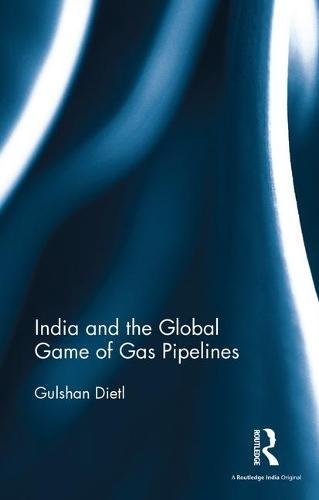Professor Gulshan Dietl, who effortlessly combines lucidity, rigour of logic, and diligent research, was till recently Professor at the School of International Studies, Jawaharlal Nehru University heading the Gulf Studies Programme. She was also Chairperson of the Centre for West Asian and African Studies. She has taught also at universities outside India, in New York, Paris, Copenhagen, and elsewhere. Obviously, she is eminently qualified to write on the subject and to say what India needs to do to gain energy security. Lord Curzon said that the Allies in World War I ‘floated to victory on a sea of oil’. It was the US that provided most of the oil. But, later Washington and London fell out on access to oil in the Middle East showing that even the Allies might not be able to agree on that sensitive matter. In view of the growing importance of gas, replacing crude oil as a source of energy, the Curzonian dictum needs to be updated. Dietl has chosen a topic of considerable geopolitical importance. While there are many books on the politics of oil, we rarely come across books on gas pipelines.The book begins with a discussion of a theoretical framework examining the IR (International Relations) theories such as Realism, Defensive Realism, and Globalism along with related concepts. Dietl with admirable clarity and brevity brings out the strength and weakness of the prevailing theories and concepts.
With a Teutonic thoroughness, the author tells the reader about her sources and methodology. It is a pleasant surprise that the author goes into technical details about natural gas. She explains such technical matters with disarming lucidity and the reader is truly grateful as he might get from this book the technical information taken from many books.

